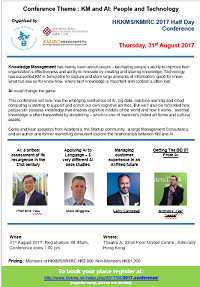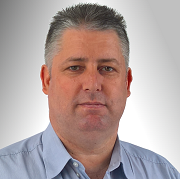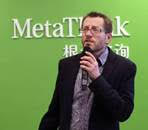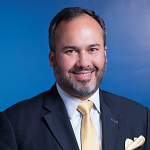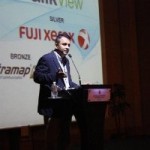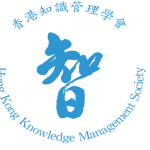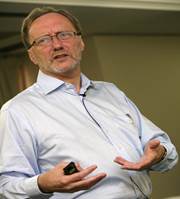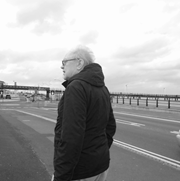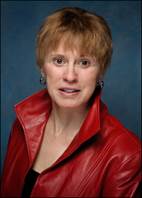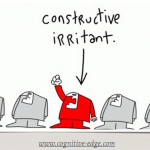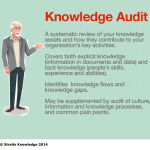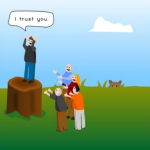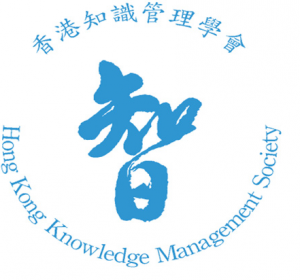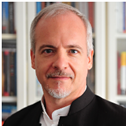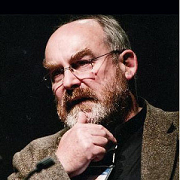Knowledge Management has mainly been about people – facilitating people’s ability to improve their organisations effectiveness and ability to innovate by creating and sharing knowledge. Technology has supported KM in being able to capture and store large amounts of information, good for know-what but less so for know-how, where tacit knowledge is important and context is often lost.
AI could change the game.
This conference will look how the emerging confluence of AI, big data, machine learning and cloud computing is starting to support and enrich our own cognitive abilities. But we’ll also be reminded how people still possess knowledge that enables cognitive models of the world and how it works, and that knowledge is often transmitted by storytelling – which is one of mankind’s oldest art forms and cultural assets.
When: 31st August 2017. Registration: 08.45 am, Conference ends 1:00 pm
Where : Theatre A, 22nd Floor United Centre , Admiralty Hong Kong
Fee: Conference Pricing : Members of HKKMS/KMIRC HK$ 800 Non-Members HK$1,200
Please register via the form at the bottom of this page.
Speaker line-up
Keynote I:
AI: a critical assessment of its
resurgence in the 21st century
After more than thirty years in the wilderness, Artificial Intelligence is making a comeback and this time it looks as if robotic and process automations are sweeping the business and the manufacturing world by storm, replacing humans in many of the job tasks by constantly re-dividing the human-machine/ job boundary. What are the driving forces behind this come back and will it show any sign of abating in the near future? What are the opportunities brought by this new wave of AI? Just how smart will machines become and will our jobs be eliminated. How can we shield ourselves from job displacement by AI and robots. These issues and more will be discussed in the talk.
Keynote II:
Applying AI to Language –
5 Very different AI case studies
Most applications of AI are focused around numeric challenges. However, recent applications of AI in the processing of text across languages is quickly changing the perspective of where machine learning and AI techniques can be applied to solve complex problems. Research and commercial development has now begun to focus on comprehensive workflows the leverage ensemble data from many sources into a more accurate and reliable outcomes that often far exceed human capabilities.
Keynote III
Getting the BE/ST from AI:why Information and Knowledge
need Behavioural Economics and Storytelling
Tas will scrutinise the current orthodoxy regarding Big Data, AI and algorithms and heretically suggest that to fully transform our businesses, add value and generate transformative insights from our knowledge, we need to avoid becoming “slaves to the algorithm”.
Instead, the real fusion we need to create and design into our companies and cultures is that between AI (and Big Data) and two carbon-based disciplines – Behavioural Economics and Storytelling.
So BE and Storytelling when fused with AI should help ensure that as The Singularity approaches humans will still have a role as generators of creativity, innovation and insightment.
Anthony ‘Tas’ Tasgal
Keynote IV:
Managing customer experience
in an AI-filled future
As the rush towards the use of artificial intelligence increases, companies across the financial services sector are exploring how to complement their customer support functions with AI. But how are customers reacting to the new experience? Is this an area of concern to them, or are they likely to welcome the evolution? KPMG China’s Larry Campbell explores the psychology of the customer amidst these changes and what it might mean to companies
Larry Campbell
KPMG

